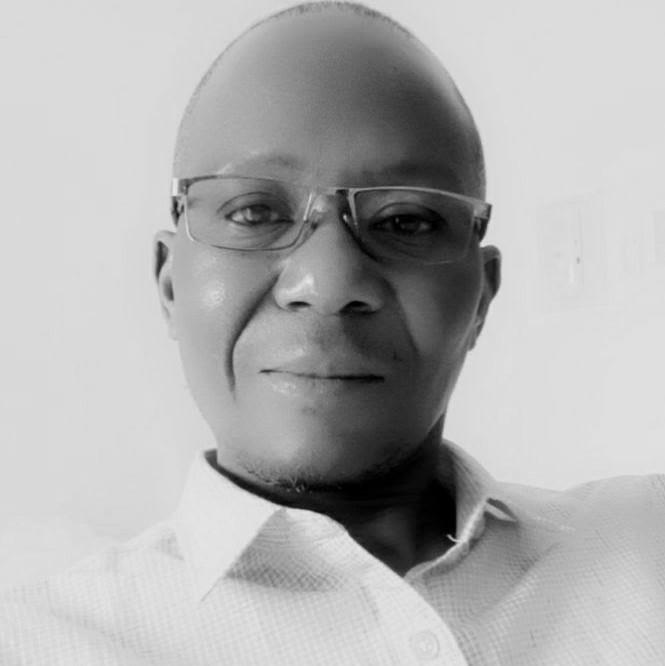| Name |
Eria Olowo Onyango |
| Affiliation |
Visiting Associate Professor, African Studies Center - TUFS / Lecturer, Department of Sociology and Anthropology, Makerere University |
| Key Words |
African studies, International relations |
| Academic Career |
October 2006 - December 2009 University of Bergen (Doctor of Philosophy in Social Anthropology)
August 2000 - July 2002 (Masters of Philosophy in Social Anthropology) |
| Degree |
PhD in Social Anthropology at University of Bergen (2010) |
| Professional Career |
August 2002 - Present Lecturer, Department of Sociology and Anthropology, Makerere University
August 1992 - June 1996 Teacher, Rock High School |
| Major Works |
【Papers】
- Ntege, Jerome, W. Khamalwa, and E. O. Onyango 2019. "Ebola shapes society: No partner, no family, no friends". East Africa Social Science Review 35(1-2): 101-122.
- Birungi, Brenda and E. O. Onyango 2018. "Positioning women in informal cross-border transportation: The boda-boda industry at the Uganda-Kenya border". Acta Universitatis Sapientiae, Communication 5: 49-59.
- Onyango, Eria Olowo 2018. "Pastoralists at war with the state: Historical armed violence in the shadow state of north-eastern Uganda". In State, Resistance, Transformation: Anthropological Perspectives on the Dynamics of Power in Contemporary Global Realities. Ed. B. Kapfere, Herefordshire: Sean Kingston Publishing.
- Onyango, Eria Olowo and S. A. Odongoh 2018. "Re-imagining the Acholi: Crossing the South Sudan border to be Acholi again". In Diversification and Reorganization of 'Family' in Uganda and Kenya. Eds. W. Shiino, S. Shiraishi, and C. M. Mpyangu, Tokyo: Research Institute for Languages and Cultures of Asia and Africa, Tokyo University of Foreign Studies, pp. 99-107.
- Opesen, Chris C. and E. O. Onyango 2018. "'A Pokot man has one or two wives.....': An ethnographic discourse of the polygynous Pokot family setup at the Kenya-Uganda border". In Diversification and Reorganization of 'Family' in Uganda and Kenya. Eds. W. Shiino, S. Shiraishi, and C. M. Mpyangu, Tokyo: Research Institute for Languages and Cultures of Asia and Africa, Tokyo University of Foreign Studies, pp. 129-138.
|


